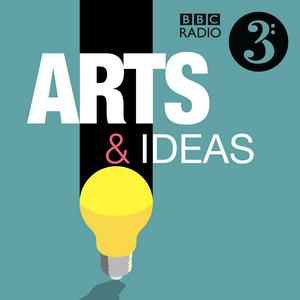'The strong do what they will, the weak suffer what they must'. So claimed the powerful Athenians, according to the Ancient Greek historian Thucydides. Plato tried to demonstrate that might does not make right, and thinkers ever since, from Hobbes and Rousseau to Kant and Carl Schmitt, have placed the idea that might is right at the centre of their political philosophies, for better or worse. Matthew Sweet traces the intellectual history of the idea, with Angie Hobbs, Margaret MacMillan, Lea Ypi, and Hugo Drochon.
Angie Hobbs' book Why Plato Matters Now, and Lea Ypi's book Indignity, are both out now, Hugo Drochon's book Elites And Democracy is published in March
Producer: Luke Mulhall


